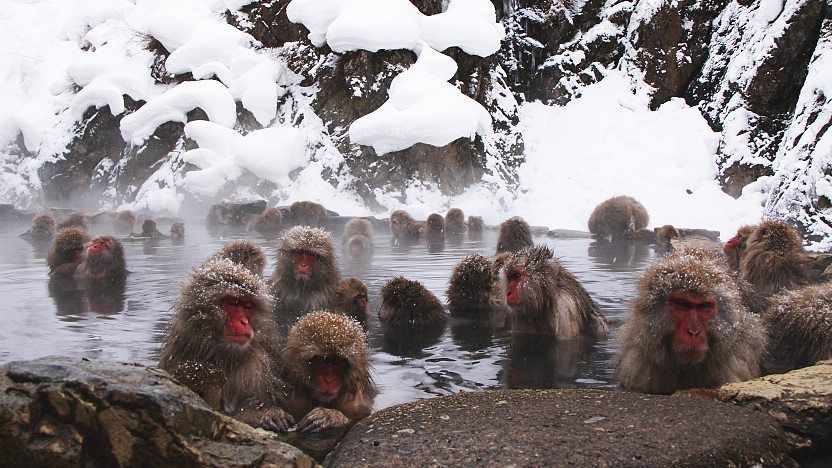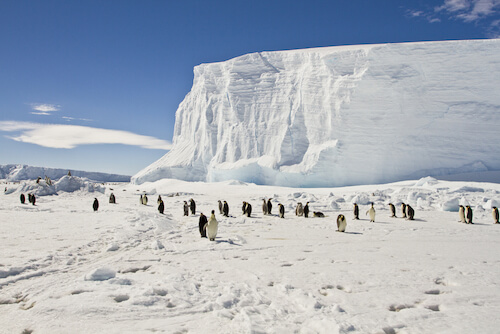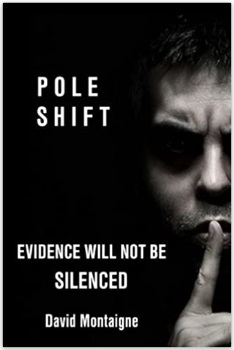Yes, there’s a periodic cycle of regularly recurring catastrophes roughly every 12-13,000 years. Yes, the evidence suggests a solar micronova burns one side of our planet. Yes, this coincides with a POLE SHIFT that causes massive earthquakes, volcanism, and tsunamis. Yes, almost all lands move to significantly different latitudes, altitudes, and climates. Yes, civilizations like Atlantis was, or our current one is, disappear with few traces remaining after thousands of years.
So why isn’t life almost gone after a series of such disasters? The coming changes will cause massive disruptions, and a complex society like ours will collapse. Primitive lifestyles less dependent on technology and a global supply network will usually fare better, so animal species will usually fare better than humans, unless they have a small territory that is destroyed. Those with a huge range will survive. Populations of many species will see double digit percentage reductions, but very few will disappear. Most species are able to adapt, and the ones that adapt best survive and thrive.
Primates typically live in tropical regions, and they certainly evolved in them. But this population was stranded in a cold climate after the last pole shift, and they survived using new behaviors like huddling together in extreme cold, taking turns on the outer edge or the inside of the group, and even taking advantage of hot springs for a nice spa bath to get warm – as these “snow monkeys” are doing in central Japan.

Jigokudani Monkey Park
How about penguins that trek deep into Antarctica to lay their eggs? It seems obvious they adapted to much harsher conditions that came up after they developed a tie to this breeding ground. Why would any creature choose this spot if these were the conditions when they started laying eggs there?

“Emperor Penguin Basics: Breeding Season: April – December – Emperors breed in the depth of the Antarctic winter. The average temperature is around -20°C (-4°F) falling as low as -50°C (- 58°F) and with winds that gust up to 200km per hour (124mph).”
Human pole shift survivors – our ancestors – did the same thing. From nomads in the Arabian desert to Eskimos in northern Canada, we adapt or die. Many die. Some adapt and have offspring and the cycle continues. Are you ready to adapt? The catastrophe will come on schedule soon whether you educate and prepare yourself or not.

